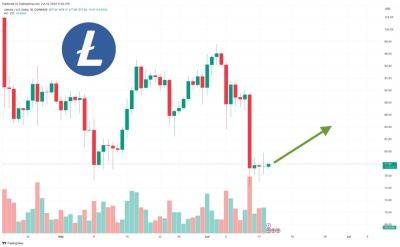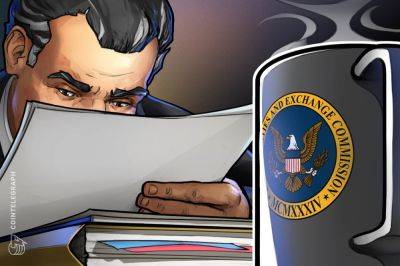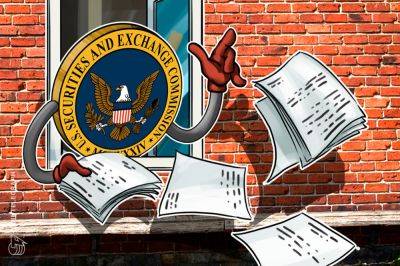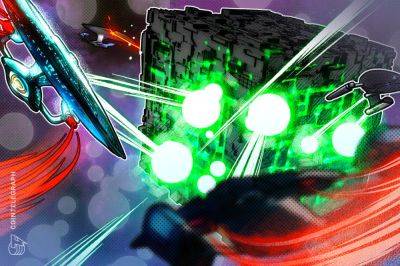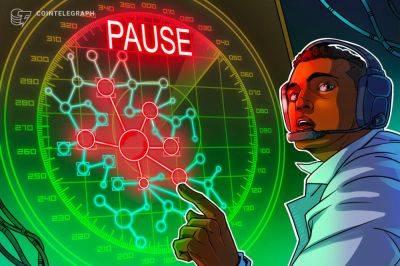SEC charges against Binance and Coinbase are terrible for DeFi
The allegations against Binance and Coinbase by the U.S. Securities and Exchange Commission have substantial ramifications for the decentralized finance (DeFi) ecosystem, and they are far from positive. DeFi has developed as a promising area within the crypto industry, aiming to disrupt established financial systems and deliver financial services in a decentralized manner.
However, the latest charges against these centralized exchanges raise doubts about the future of DeFi. By targeting Binance and Coinbase for suspected violations of securities laws and operating unregistered exchanges, the regulator seems to be imposing its authority on an industry that thrives on independence and autonomy.
Here’s why such charges are terrible for DeFi.
DeFi’s strength comes from its decentralized protocols, smart contracts and decentralized applications that empower users and eliminate the need for intermediaries. Nonetheless, such a legal conflict against centralized exchanges challenges the essential concepts of DeFi. It appears like regulators are seeking to suppress innovation and reestablish control over a fast-expanding business.
Moreover, the SEC’s accusations against Binance and Coinbase might have a chilling effect on DeFi projects, leading to uncertainty among developers and entrepreneurs about pursuing new and breakthrough concepts. This could hinder the potential expansion and evolution of DeFi, limiting its ability to disrupt and improve established financial institutions.
In the Binance lawsuit, the SEC argues that tokens such as Solana’s SOL (SOL), Cardano’s ADA (ADA), Polygon’s MATIC (MATIC), Filecoin (FIL), Cosmos’ ATOM (ATOM), The Sandbox’s SAND (SAND), Decentraland’s MANA (MANA), Algorand’s ALGO (ALGO), Axie Infinity
Read more on cointelegraph.com

